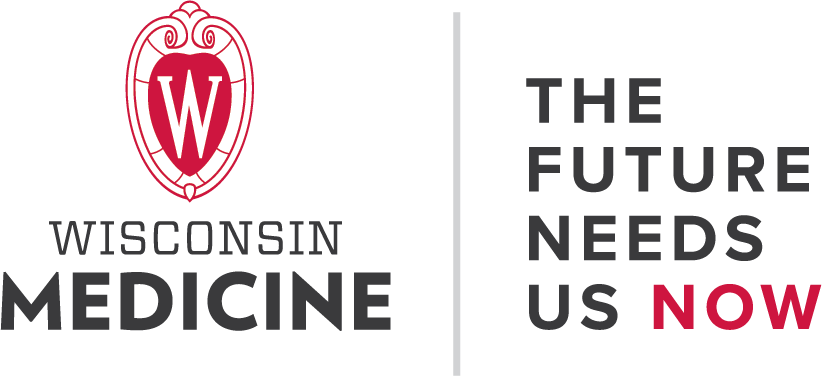The Future of Organ Availability
Healthcare has been working to address the need for more donated organs for transplant for a long time, and the UW Health Transplant Center team is at the forefront of safe and innovative solutions to get patients the organs they need to live longer, healthier lives.
In fact, UW Health and the University of Wisconsin School of Medicine and Public Health have been working on and researching transplant medicine for more than 55 years. The UW Health Transplant Center is one of the largest, oldest and most comprehensive transplant centers in the country, and a leader in organ preservation tactics, according to Dr. Dixon Kaufman, director of the UW Health Transplant Center and professor of surgery at the UW School of Medicine and Public Health.
In 2020, a record 548 patients received transplants at UW Health, despite the pandemic. In October 2020, UW Health was the first facility in Wisconsin to perform a double-lung transplant on a person who experienced lung damage due to COVID-19.
Progress continues, and the last several years have brought some exciting medical evolutions in organ availability, according to Kaufman.
“Not that long ago, there were many patients that could not donate due to infection transmission risks, like those who have hepatitis,” Kaufman said. “Today, we are able to adapt to more circumstances with modern medicine, meaning more organs are available and more lives can be saved.”
UW Health also expanded the criteria for available hearts for transplant in 2020 and can now effectively transplant hearts from donors who have experienced cardiac death. Since this change, UW Health surgeons have performed approximately 20 heart transplants thanks to these donors, accounting for roughly 25 percent of heart transplants at the health system since 2020.
There has also been significant progress in living donor programs, according to Kaufman, primarily for liver and kidney transplants.
“With a robust paired kidney donation program, an individual who might not be compatible to donate to a loved one can 'exchange' kidneys if they can be matched with a family facing a similar incompatibility,” Kaufman said. “UW Health is one of the leading transplant centers taking on this method, which is often the fastest, best option for those who need kidney transplantation.”
Kaufman noted a high performing organ procurement operation is also key to improving access to organs, as is a process called organ reperfusion.
“Organ reperfusion shows amazing promise,” he said. “It is a process that better preserves organs from deceased donors by putting them in oxygenated fluids on a pump. This process can even improve the function of some organs for a future recipient.”
With cutting-edge research ongoing, and a new, larger, more comprehensive UW Health Transplant Clinic opening this Summer, leaders are looking to the community to continue this momentum towards better outcomes for patients.
Share Your Story
Did UW Health or the UW School of Medicine and Public Health have a life-changing impact on you or someone you love? Be part of the Wisconsin Medicine story by inspiring others with your story. Share it now.

